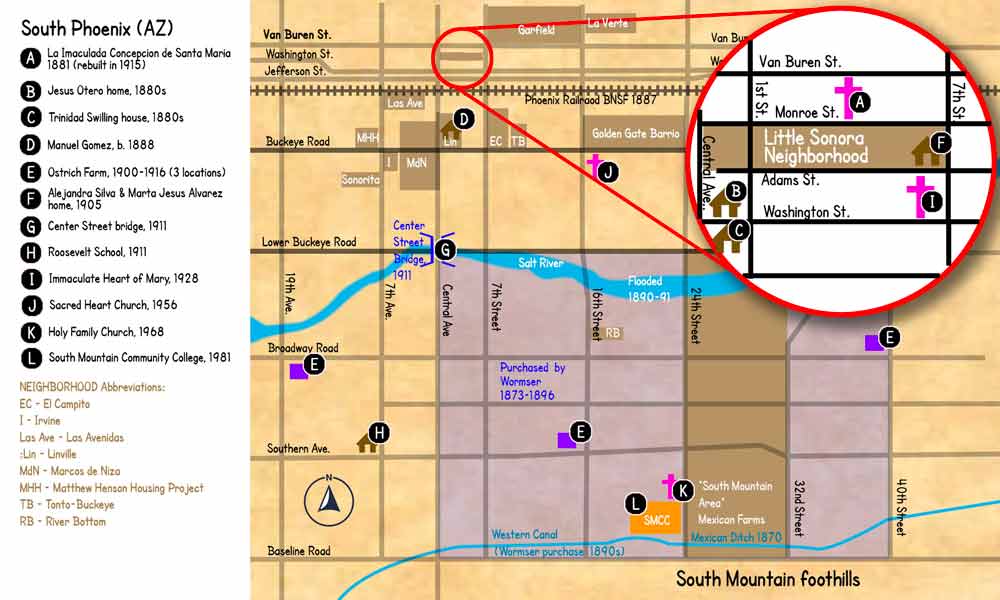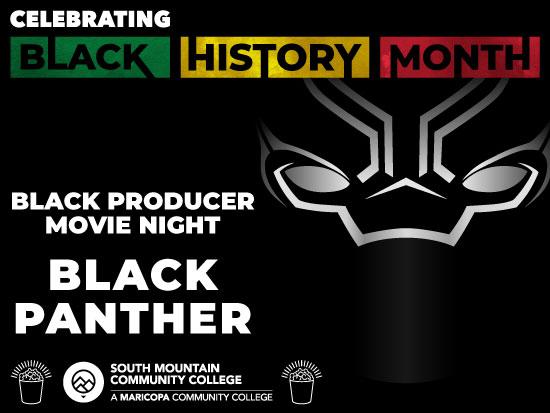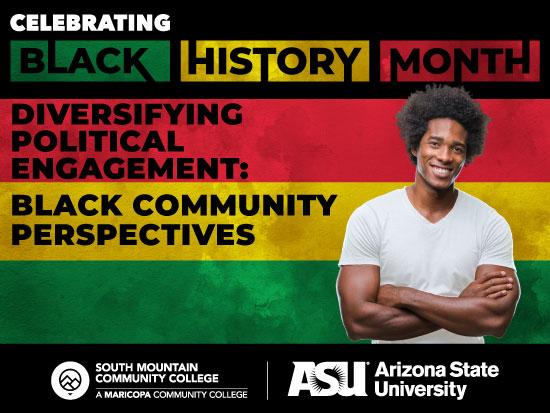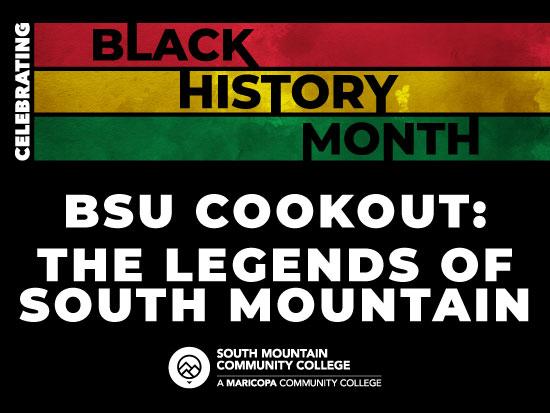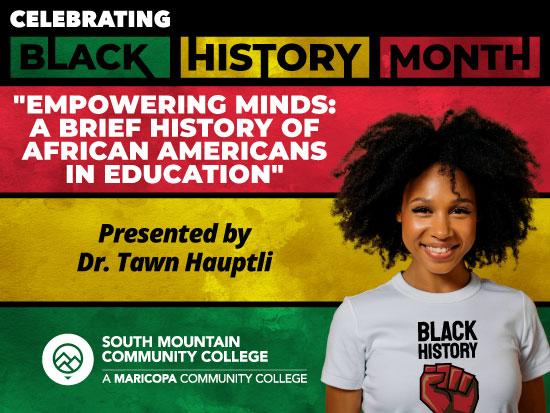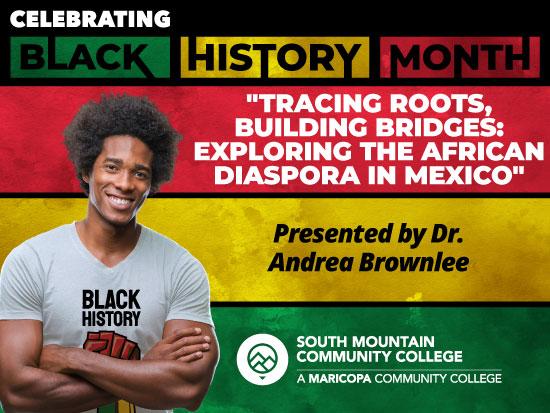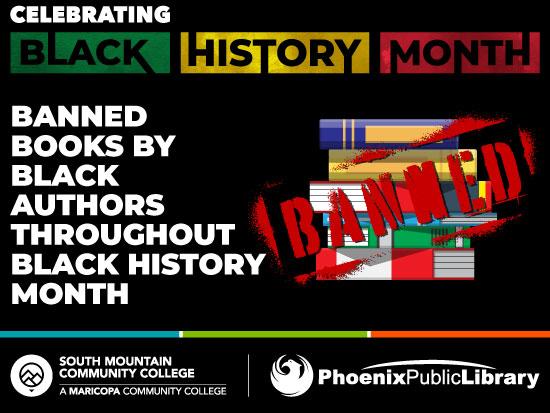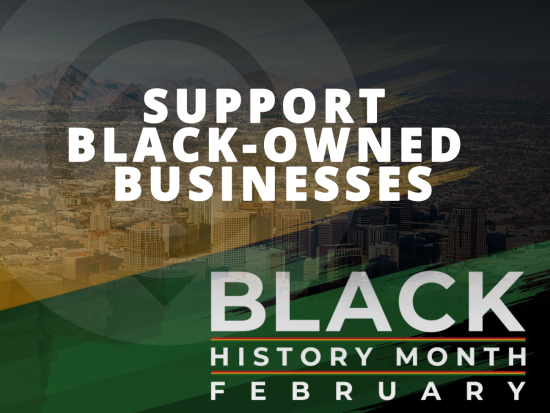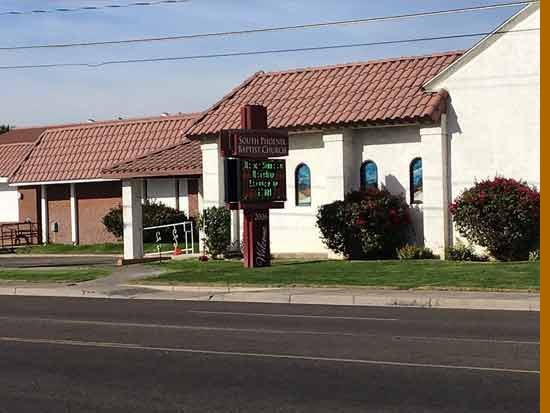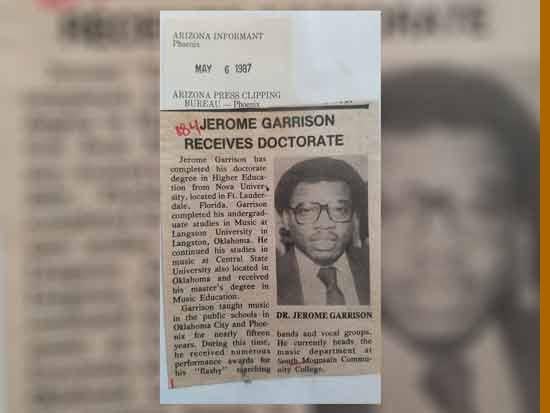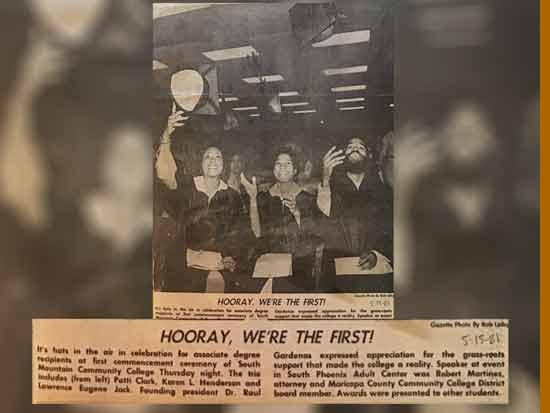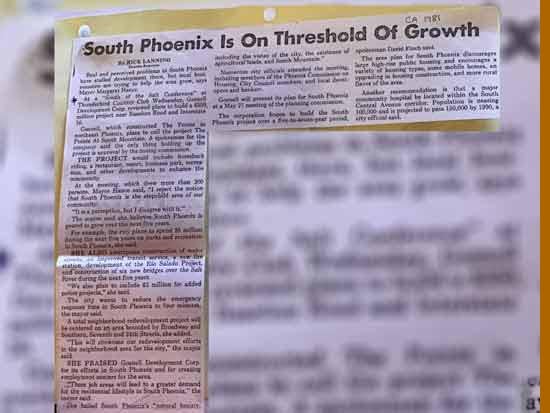BHM

SMCC Celebrates Black History Month
The Black Family: Representation, Identity, and Diversity
February 1- February 28
SMCC, the Office of Diversity, Equity, Inclusion and Engagement, and SMCC’s Black Student Union are helping our community celebrate and honor Black History Month on campus. Join in to learn and celebrate Black lives virtually.
Learn more about the Black Student Union at SMCC!
Mission
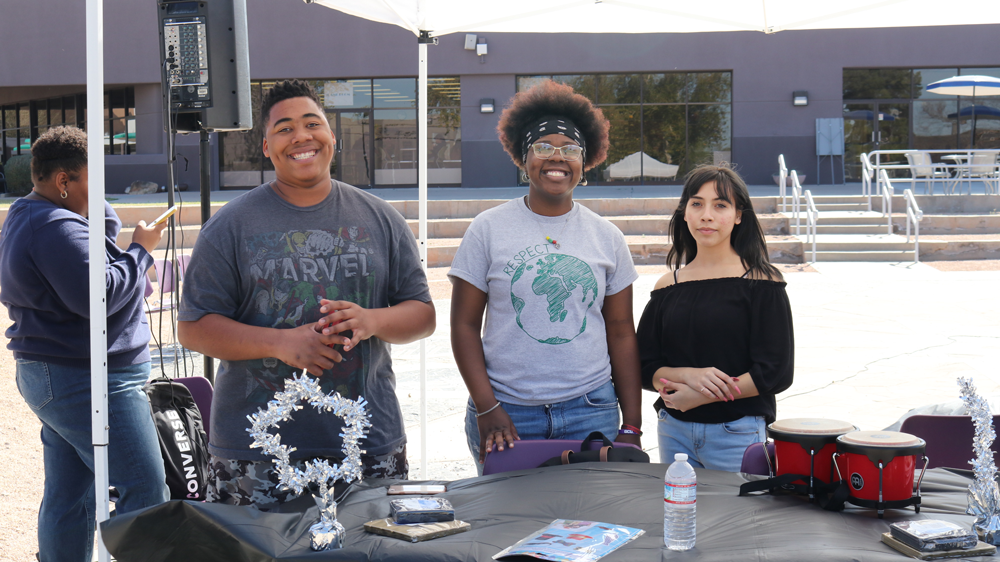 The purpose of the Black Student Union (BSU) is to promote activities of common interest, as well as cultural and educational benefit, for all students.
The purpose of the Black Student Union (BSU) is to promote activities of common interest, as well as cultural and educational benefit, for all students.
Goals/Objectives
To provide a vehicle for Black students to gain access to resources that will enable them to:
- Increase educational knowledge
- Maximize scholarship opportunities
- Develop political awareness
- Expand employment/promotional opportunities
- Enhance quality of life
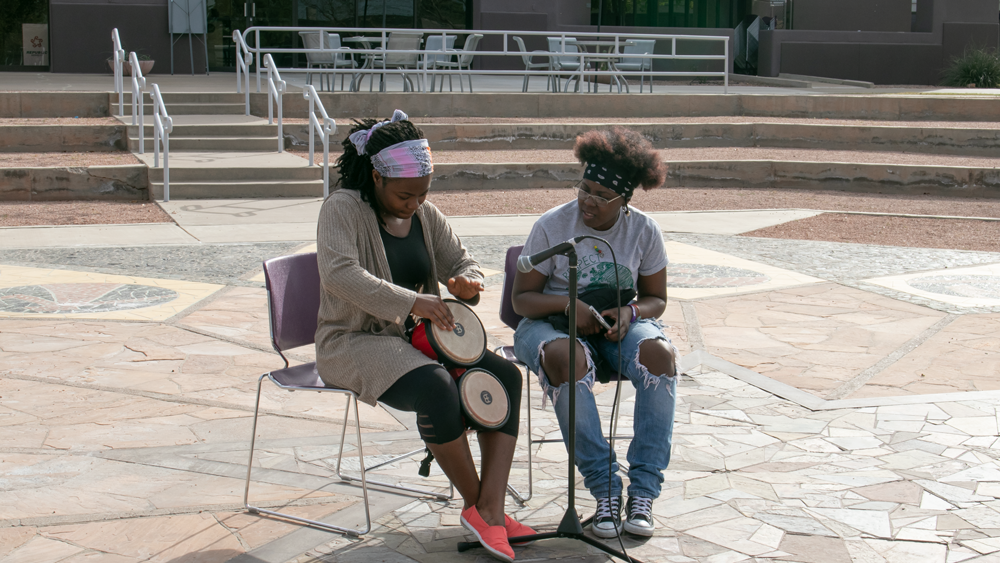 In addition, the objective on campus is to continue to promote community and self-enrichment by way of community service and volunteerism. The Black Student Union will continue to provide a forum for all students to voice their differences, goals, and ideas. Furthermore, BSU encourages cooperation between its member organizations, the student body and the community as a whole.
In addition, the objective on campus is to continue to promote community and self-enrichment by way of community service and volunteerism. The Black Student Union will continue to provide a forum for all students to voice their differences, goals, and ideas. Furthermore, BSU encourages cooperation between its member organizations, the student body and the community as a whole.
Spring 2024 Black Student Union Meetings
Weekly on Wednesdays
3 pm - 4 pm | Student Union, SU 106
Follow us on Instagram!
Advisors:
Azra Mahmood
azra.mahmood@southmountaincc.edu
602-243-8054
Shalmeka Sweet
shalmeka.sweet@southmountaincc.edu
602-243-8141
Black Resilience in South Phoenix, 1887-Present
By Summer Cherland, PhD
The geographic and demographic origins of South Phoenix: 1887
The origins of the community we call “South Phoenix” date back to 1887, with the arrival of the BNSF rail line, which brought Mexican migrants as well as blacks fleeing the American South as part of the Great Migration. Phoenix townships had just been established, and though men and women of color had been foundational to the city’s origins, as more migrants arrived over time, Phoenicians became less hospitable to Latinx, Asian and African American newcomers. Like other cities in the American West, Phoenix practiced de jure (legal) methods to segregate all people of color, since all people of color were banned from purchasing or renting land north of the BNSF rail line, which is near Jefferson Street in today’s downtown. Over time, the boundaries moved further south, as geographical and societal forces alienated the city’s poor and people of color.
Over the course of the next century, blacks in South Phoenix thrived, despite the many challenges they faced.
